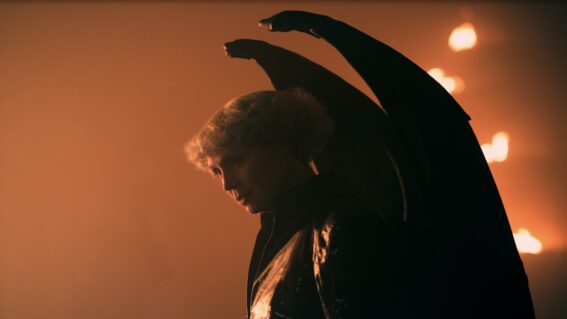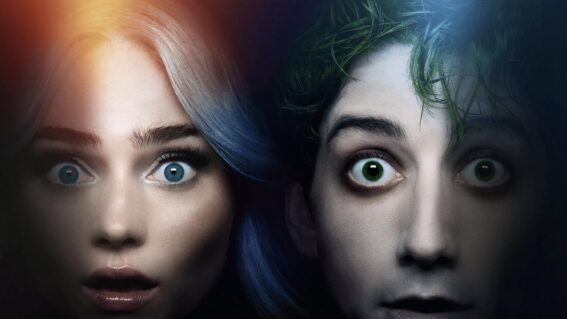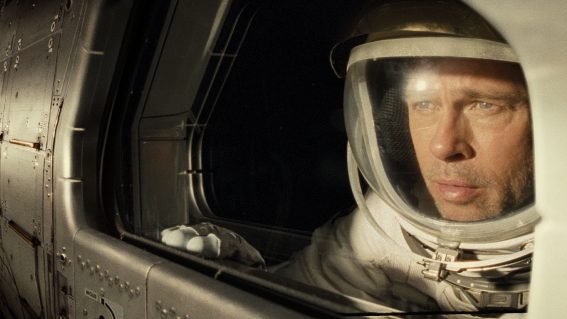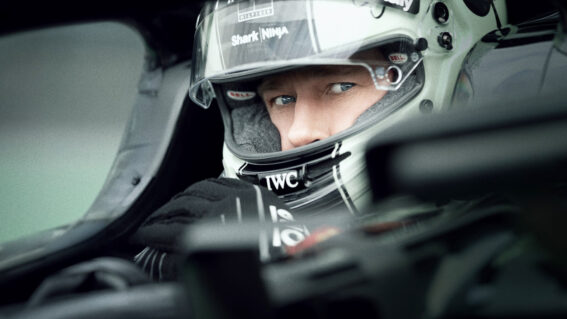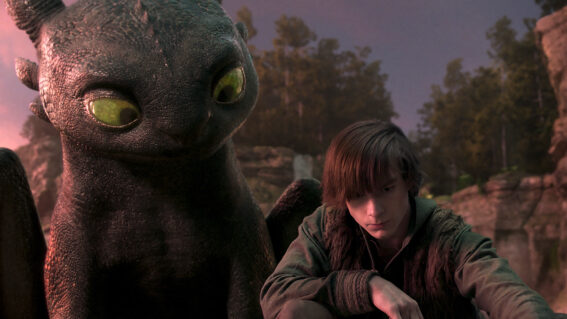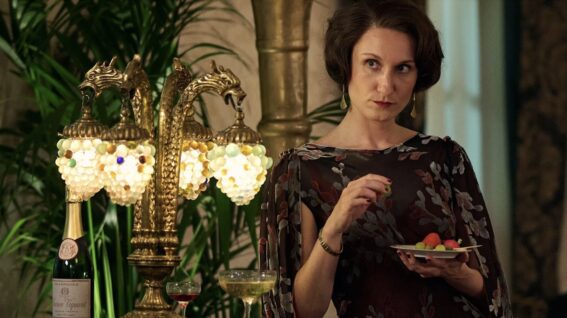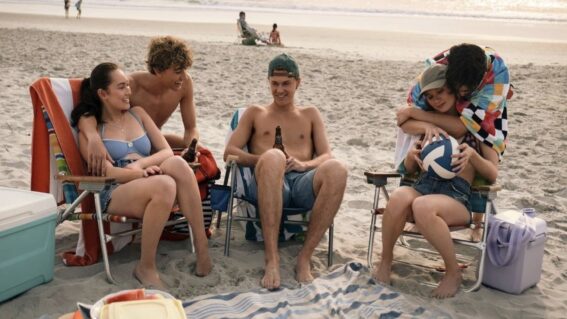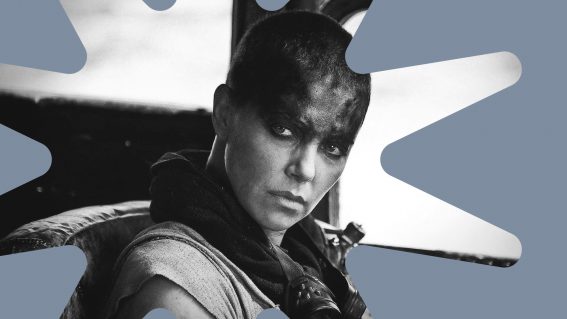Interview: ‘First Growth’ Director Jérôme Le Maire
Despite the central role wine plays in French life and culture, there aren’t a huge amount of French movies about winemakers. First Growth (aka Premiers Crus), screening at the Alliance Française French Film Festival, seeks to remedy that, and taps into some potent familial drama along the way. It follows Charlie (Jalil Lespert), an urbane, […]
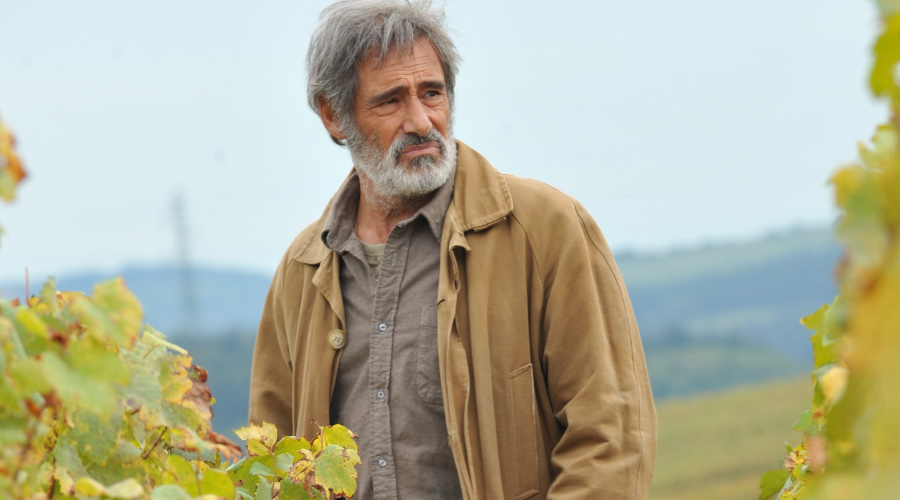
Despite the central role wine plays in French life and culture, there aren’t a huge amount of French movies about winemakers. First Growth (aka Premiers Crus), screening at the Alliance Française French Film Festival, seeks to remedy that, and taps into some potent familial drama along the way.
It follows Charlie (Jalil Lespert), an urbane, successful wine critic who reluctantly returns to the vineyard of his upbringing to try and save the family legacy and reconcile with his crusty old pop (Gérard Lanvin). While trying to spur the land back to life, he re-ignites old family rivalries and forgotten romances. Set and filmed in the stunning Burgundy region, First Growth is a lush, enticing contemporary drama that does an amazing job of making you really crave a glass of red.
Flicks spoke to director/co-writer Jérôme Le Maire about the film in a Paris hotel suite.
Flicks: ‘First Growth’ really taps into the romance of the French rural wine-growing tradition. Was that a world you were very familiar with before you made this movie?
Jérôme Le Maire: The first time I went to Burgundy was in 2001 or 2002, I discovered the country. I knew the wine because of my father. Life brought me to Burgundy and I wanted to discover how it works – the landscape, the people, the vineyard, the secrets. Because it’s a very closed country. Lots of peasant farmers. As you have in New Zealand? With the sheep farms?
Flicks: Ah, yeah sure.
Jérôme Le Maire: People are very rough, secretive, and they don’t joke a lot. It’s a strong peasant country. But peasant is not a bad word. The good meaning of peasant – workers, farmers, a noble way of working the earth.
It’s very different to Bordeaux, for example. Very very different. They are gardeners in Burgundy. Small properties with small estates. They work like gardeners. In Bordeaux, it’s huge. Nobody knows the earth. A lot of people. A lot of managers. It works like a corporation. They make very good wine but it’s totally different. It’s aristocratic people. And in Burgundy, it’s poor, in the origin, it’s poor farmer, peasants who work the earth. So when I went there, I learned that. And I tried to discover more, to learn, to talk with people about their preoccupations, their problems. And I thought to myself, this is a great setting for a story, a movie. Because the entire world knows Burgundy wine, but they don’t know what it looks like there. If you go there, you will understand why they call it the Golden Coast, because the leaves are yellow, it’s very gold, it’s very beautiful, a strange landscape. You can’t see it anywhere else it France. It’s a very small place.
So I had to find a story. I wanted a very small story. A very pure, little story about family. A father, a son. There is an intense problem there – the problem of succession. Because when there’s no one to follow, you lose the vineyard. If the owner changes, it’s a failure for a family. It’s a great problem for the patriarch to find who will follow him.
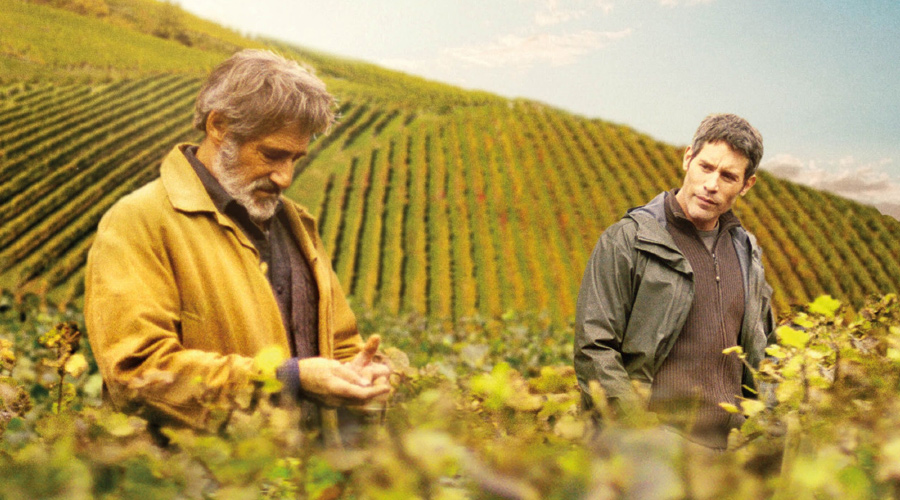
Flicks: And it has to be a local right?
Jérôme Le Maire: Yes it’s a little bit xenophobic, very closed country. They don’t like Bordeaux. They don’t like Parisians. They don’t like Americans. Deep inside, they don’t hate, but they are parochial. So they want someone from the family, the first son, like the middle ages. If not, the daughter of the family may succeed, but that’s only very recent, since twenty years ago, no more.
Before then, they did something else. So if you have no children, or if your children decide to do something else, it’s very difficult in Burgundy. In Bordeaux it’s not a problem. It’s big business. They don’t have the same link with the Earth in Bordeaux. In Burgundy the link with the earth and nature is very strong. That was something I had to show in the movie.
Flicks: Was it difficult to get the locals on board with the film?
Jérôme Le Maire: In the beginning, they considered us too Parisians, because we are Parisians, we came from Paris – cinema, actors, very strange people for them. They were wary. I knew that it was very insular, so I tried to find a guy there to connect me with winemakers, politicians, institutions, any people who can help.
I said to them, ‘I’m here to tell your story to the rest of the world – your story, so help me.’ So with time, we tasted older and older wine. It’s a symbol, when they open you a very old bottle, you can say they trust you. So it took time to create that energy. And after that, when the Burgundy team was built, we started the movie.
They helped us and supported us, and now when I go there I can spend one month there, every night tasting, dining because they have events all the time. They have many occasions to drink and eat all year.
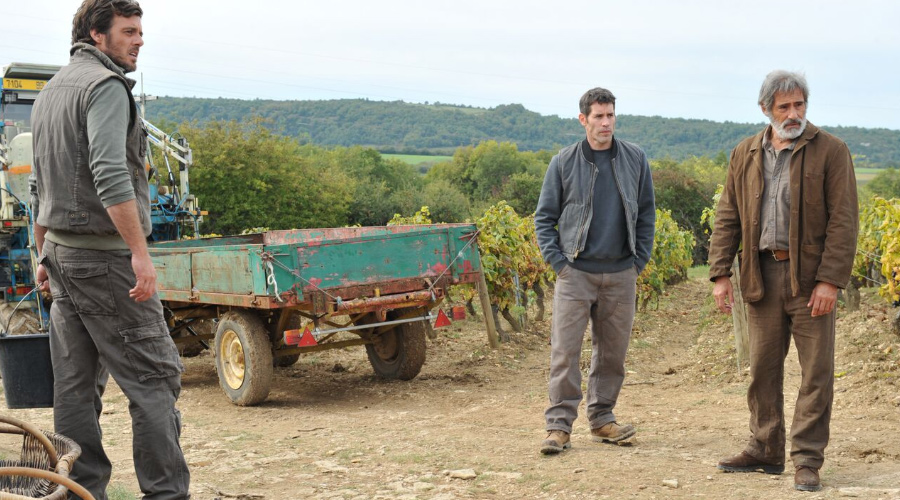
Flicks: Sounds great. What is it about father/son conflict that is so appealing to filmmakers, do you think?
Jérôme Le Maire: Because everybody has a father and it’s always a difficult relationship. With your mother or brother or sister, there’s always a moment in your life when it’s difficult. When you have to leave, when you have cut links, it’s always difficult.
The Greeks talked about fathers and sons. And very few people really talk with their father. You can talk with your mother, you can be weak with your mother, but not with your father. It’s hard to have a good relationship with your father. This movie is only one example of that. I just tried to make a small story about a father and his son and there is also a daughter in the story but the mainline is the father and the son, and getting back to the roots.
Flicks: Have you been happy with the film’s reception in France?
Jérôme Le Maire: Yeah, it’s had eight weeks of exhibition and we’ve reached 350,000 people. It’s good, though it’s not what we expected because Gérard Lanvin is very popular in France.
But the French movie [industry] is now in crisis, people in France prefer to see American movies or an English tone. They don’t go to the movies, only for comedies. It’s a small crisis. The market is low. But it can change. In six months it will be something else.
First Growth is screening at the Alliance Française French Film Festival. More info here: frenchfilmfestival.co.nz







